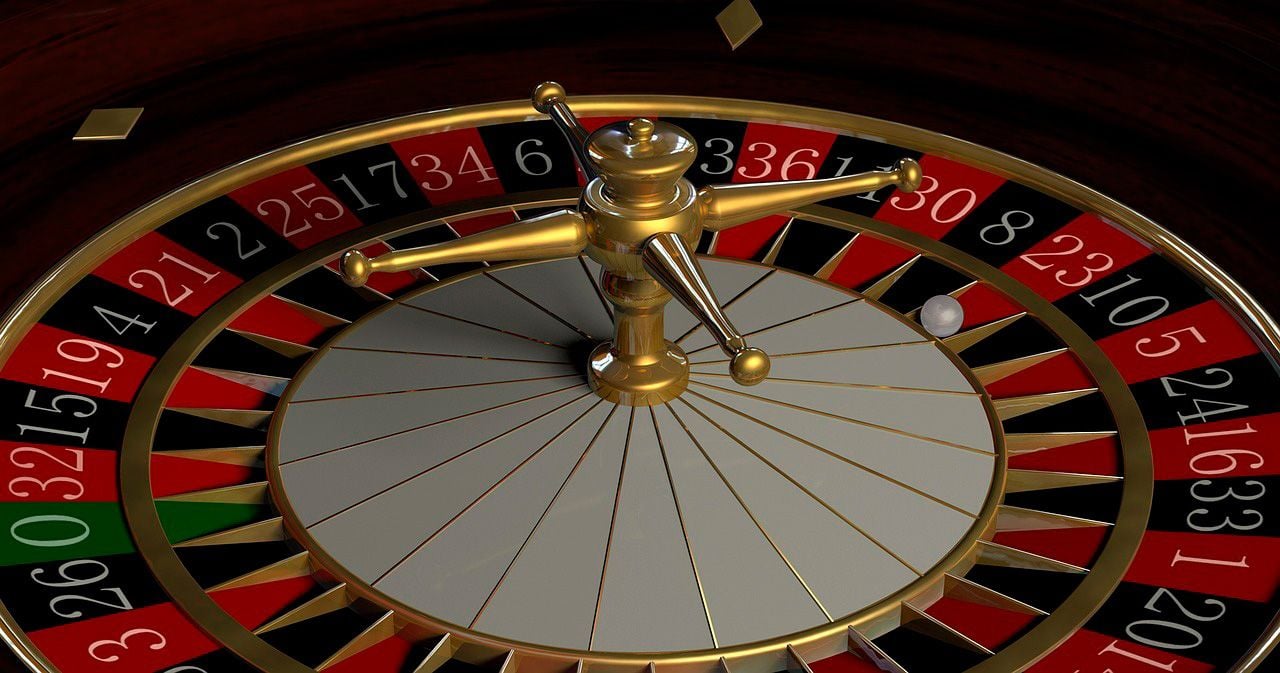
Casino games have enthralled enthusiasts for ages, drawing them into a world of adventure, chance, and wealth. From the flashing lights of gambling machines to the strategic nature of card tables, these experiences offer a unique blend of amusement and hazard. However, underneath the surface of this glamour and style lies a complex relationship of mathematics that influences every conclusion and decision made within the gaming hall.
Grasping this relationship between gambling games and numerical principles not only enhances the gambling experience but may also help gamblers make knowledgeable selections. Whether you are a casual punter or a passionate enthusiast, recognizing the mathematical principles at play can offer insightful understandings into chances, probabilities, and approaches, ultimately affecting how one deals with these games of luck.
Arithmetic Probability in Betting
In the realm of casino activities, statistical probability plays a crucial role in determining outcomes and guiding gambler decisions. Every activity has a specific set of regulations and a specific probability model that affects its dynamics. For example, in activities like the roulette wheel, players must understand the odds of hitting a particular digit or shade. The likelihood of specific events occurring can be computed, and this knowledge can significantly affect wagering strategies.
Gambers also need to be cognizant of the casino edge, which is the statistical advantage that casinos hold over players in the long term. This edge differs across different activities. In blackjack, expert players can use strategies to lower the house edge to as low as one percent, while in games like slot machines, the casino edge can be substantially larger. non GamStop casino UK Understanding the casino edge allows gamblers to make educated decisions about which activities to play and the amount to bet.
Furthermore, probability is essential in the principle of risk versus reward in gambling. Every bet carries a particular risk factor, and gamblers must consider the possible payout against that danger. Activities like the poker game require gamblers to not only compute the chances of their own hand winning but also to evaluate the likelihoods of their opponents’ hands. By utilizing mathematical principles to their strategy, players can enhance their odds of winning and engage more strategically in the thrilling realm of gambling activities.
Expected Worth in Casino Games
When talking about casino games, one of the fundamental ideas rooted in math is the anticipated value. This numerical measure assists players grasp the possible results of their bets over time. In simple terms, expected worth (EV) calculates the mean amount a gambler can expect to win or suffer per bet if they were to play the activity many times. Each game has its own EV, influenced by the probabilities and the house edge, which signifies the benefit that the gambling establishment holds.
For example, consider a activity like the roulette game. The expected value can be calculated based on the particular wager placed. If a gambler bets on a individual number, the return is 35 to 1, but the true odds of success that wager are 1 in 37 (in Euro the roulette game). This leads in a detrimental expected worth, showing that, on the whole, gamblers will incur a loss money over time when playing this kind of bet. Understanding this concept allows gamblers to make better educated choices about which games and wagers may be less advantageous.
Furthermore, the exploration of expected worth can lead to better money management. Players who comprehend the mathematics behind their activities are often able to set practical goals. By recognizing their possible losses and profits, they can modify their gambling strategies accordingly, which may enhance their overall gambling experience. As a consequence, expected worth serves as a crucial tool for both beginner and experienced players to navigate the often volatile nature of casino activities.
Tactics and Chances: The Mathematics Behind Success
In gambling games, grasping the chances is vital for gamblers seeking to maximize their likelihood of winning. Each contest has its own unique set of chances that establish winning performances, and these numbers are often located in the game’s guidelines or reward charts. For instance, in games like 21, participants can boost their probabilities through methods such as counting cards, which relies on mathematical principles to gain an upper hand over the establishment. By familiarizing themselves with the probabilities, gamblers can make more informed decisions on when to wager and when to quit.
Furthermore, the idea of average value has a critical function in gambling strategies. Average outcome calculates the average outcome of a stake over the long run, allowing participants to judge whether a specific stake is worth taking. For example, video slots have a fixed return percentage, which can suggest the typical return a gambler can expect on their stakes. By opting for games with greater average outcomes, gamblers can lessen the house edge, boosting their potential returns in the long run.
Finally, successful participants often employ a combination of chance and math strategy to enhance their gaming experience. While luck can’t be controlled, managing a wagering approach based on calculative ideas can lead to more positive results. By making use of techniques such as budgeting and game selection, players can apply math to handle the unpredictable nature of gaming, making the most of their efforts and resources at the gaming tables.